The concurrent session will be in a form of panel discussion with internationally active young leaders from a wide range of electronics field. Each speaker will introduce their research for the general public followed by the forming of collaboration and its success factors and challenges, based on which ideal international collaboration and synergy for SDGs will be discussed.
Moderator

- Tsuyoshi Minami
- Associate Professor, The University of Tokyo, Japan
Committee of TIA-EXA - Tsuyoshi Minami received his PhD (Eng) from Tokyo Metropolitan University (Japan) in 2011. During his PhD studies he worked with Professor Tony D. James of University of Bath (UK) on collaborative projects. Between 2011 and 2013 he was a Postdoctoral Research Associate at Bowling Green State University (US) working with Associate Professor Pavel Anzenbacher, Jr. In 2013 he was appointed as Research Assistant Professor at the same University. Then he moved to Yamagata University (Japan) as an Assistant Professor in 2014. He was appointed as a Lecturer at The University of Tokyo in 2016, and then he has been an Associate Professor since 2019 at the same University. He is also Visiting Associate Professor at Yamagata University and Tokyo Metropolitan University since 2016.
Panelists

- Dawn Tan
- Associate Professor, The Singapore University of Technology and Design, Singapore
-
Dawn Tan is an Associate Professor at the Singapore University of Technology and Design where she leads the Photonics Devices and Systems Group. Dr. Tan received her doctorate in Electrical Engineering (Photonics) at the University of California San Diego where she was a Powell Fellow. She was previously a visiting professor at the Massachusetts Institute of Technology and part of the design team at Californian startup, Luxtera Inc. She was named to the Nature Research Awards Inspiring Science Longlist, awarded the L'Oréal for Women in Science National Fellowship and named an Innovator under 35 by MIT Technology Review.
"ADVANCES IN INTEGRATED CMOS DEVICES AND SUCCESSFUL COLLABORATIONS THEREIN"
Nonlinear photonics devices are fundamental for future sustainability in information devices and systems including light generation, advanced spectroscopy and ultrafast optical signal processing. In this talk, developments in integrated nonlinear photonics devices and their applications are presented together with the successful collaborations that have facilitated their demonstrations.

- Fumihiro Inoue
- Researcher, imec, Belgium
-
Fumihiro Inoue received PhD degree in Mechanical Engineering from Kansai University, Japan in 2013. In 2013 & 2014, he was a visiting researcher in imec from Tohoku University, where he studied 3D integration. Then, he joined imec as researcher for 3DIC and packaging processes. Currently, he is working on multiple aspects, including electrodeposition, dicing, thinning, die stacking and wafer bonding.
"imec; THE WORLD-LEADING R&D and INNOVATION HUB IN NANO-ELECTRONICS AND TECHNOLOGY"
We perform world-leading research in nano-electronics and create groundbreaking innovation in application domains such as healthcare, smart cities and mobility, logistics and manufacturing, and energy. Our R&D offering is supported by our world-famous expertise in characterization, metrology, design, modeling, reliability analysis, system-technology co-optimization and more. From exploratory research to development and/or production, we deliver product-relevant funneling and concrete solutions through a unique and valuable ecosystem of industry, suppliers and academic players.

- Jiro Nishinaga
- Senior Researcher, National Institute of Advanced Industrial Science and Technology (AIST), Japan
-
Dr. Jiro Nishinaga is Senior Research Scientist at National Institute of Advanced Industrial Science and Technology (AIST) in Japan. He received his PhD from Waseda University in Japan in 2008 followed by postdoctoral periods in Waseda University. Since 2014 he is a Research Scientist at Research Center for Photovoltaics, AIST. He has developed new processes for high efficiency and long-term reliable chalcogenide solar cells. Recently he has also actively worked on epitaxial growth of Cu(In,Ga)Se2 for high conversion efficiency.
"CHALCOGENIDE THIN-FILM SOLAR CELLS WITH HIGH RADIATION TORERANCE"
We work to advance technologies of chalcogenide thin-film photovoltaic to contribute to a sustainable smart energy society. This material system has the potential for high-efficiency lightweight and flexible space solar cells with high radiation tolerance.

- Joshua Windmiller
- Co-founder & CTO, Biolinq, USA
-
Dr. Joshua Windmiller is a leading international authority in biosensor technology. His Ph.D. and postdoctoral research in electrical engineering at UC San Diego, funded by a Powell Foundation fellowship, focused on the development of biosensors, bioelectronics, and biofuel cells. He has published over 50 manuscripts in peer-reviewed scientific journals, delivered over 100 podium presentations, and has twelve US patents issued. Dr. Windmiller, a Gordon Fellow and NIH SHIFT and Lab-to-Marketplace awardee is the recipient of multiple awards recognizing his innovations in the biosensors domain. He currently serves as Chief Technology Officer of Biolinq, a startup that he co-founded devoted to the development of a front end for digital health.
"BUILDING BETTER BIOSENSORS THROUGH A GLOBAL ENTREPRENEURIAL APPROACH"
Entrepreneurism is the catalyst to translating innovation from the laboratory to the marketplace for the benefit of humankind. This talk describes the manner in which entrepreneurs, investors, manufacturers, and key stakeholders scattered across the globe are building a front end for the emergent digital health paradigm.

- Nicolas Clement
- Visiting Research Fellows, The University of Tokyo, Japan
CNRS Researcher, Centre National de la Recherche Scientifique (CNRS), France -
Dr. Nicolas Clement is a permanent researcher at CNRS working in the field of nanoelectronics, nano(bio)electrochemistry, and nanosensors. After a PhD thesis at Marseille university in the field of nanowire nanoelectronics, he has done his Post-doc at NTT Basic Research Labs (NTTBRL), NTT corporation for 2 years. He has done a second post-doc at IEMN, and has worked there as a CNRS researcher in the topic of molecular electronics. In the framework of tight links with NTTBRL and CNRS, he has returned to Japan first at NTTBRL in a 3 years sabbatical period, and then returned to CNRS in the International branch located at Tokyo University (Komaba campus). Nicolas has published 38 papers and is currently PI of various Japanese, French or European grants.
"THE RISE OF QUANTUM BIOELECTROCHEMICAL DEVICES"
Our work focuses on the development of a new class of versatile devices and sensors by using concepts inspired by the quantum transport mesoscopic physics community and applying them to electrochemical or (bio-) molecular systems. This challenging and interdisciplinary approach is being possible thanks to a 10 years successful collaboration between Japan and France.

- Paisan Khanchaitit
- Senior Researcher, National Nanotechnology Center (NANOTEC), Thailand
-
Paisan Khanchaitit is a nanoneedle research team leader at National Nanotechnology Center (NANOTEC), Thailand. He received Royal Thai government scholarships from 2006 until he completed his PhD in Materials Science at the Pennsylvania State University in 2011, where he studied high-power density ferroelectric polymers. He joined NANOTEC since 2012 and became a head of integrated nanosystem laboratory in 2014. His research interests include nanosystem, nanorobotics, bioelectronics and bionics. He has authored or co-authored over 20 scientific publications and holds over 30 patents. In 2018, he found the nanoneedle research team to develop biological minimally invasive interfaces between human body and environment.
"TRANSDERMAL MICRONEEDLE AS INTERFACES BETWEEN PHYSICAL AND CYBER SPACE FOR GEARING UP TOWARD SDGS"
We aim to develop biological interfaces for mass and information transfers between the human body and the environment via minimally invasive micro/nanostructured devices. Unlike conventional interfaces, our technologies are capable of reciprocal communication with high accuracy and precision while avoiding stimulating pain receptors and damaging blood vessels.

- Takafumi Uemura
- Specially Appointed Associate Professor, Osaka University, Japan
-
Takafumi Uemura is currently a Specially Appointed Associate Professor in The Institute of Scientific and Industrial Research, Osaka University, Japan and a Joint Appointed Fellow in The National Institute of Advanced Industrial Science and Technology, Japan. He received a Ph.D. degree from Osaka University, Japan, in 2008. He started his academic career at Osaka University in 2008. During 2013-2015, he was a Project Lecturer at The University of Tokyo. During 2013-2014, he worked at imec as a Visiting Professor at KU Leuven, Belgium. His main areas of research interest are Flexible electronics, Organic integrated circuits, and Large-area sensors.
"SUSTAINABLE SOCIETY CREATED BY FLEXIBLE ELECTRONICS"
A sheet-type sensor technology realized by state-of-the-art flexible electronics will be briefly introduced. Our sensing technology is being used for health management and infrastructure monitoring technology. To achieve such a wide range of applications in society, in-depth collaboration with researchers from different fields is necessary. I will discuss specific examples.
Keywords
International collaboration, Electronics, Emerging technology, Innovation, Industry
Co-Session Organizer
TIA Emerging electroniX research Alliance: TIA-EXA
幅広いエレクトロニクス分野で国際的に活躍している気鋭の若手研究者によるパネルディスカッションを行います。各々の研究内容を一般向けに紹介いただくと共に、その研究における連携の成り立ちや成功の要因・課題を元に、SDGsに向けたあるべき姿を議論します。
司会
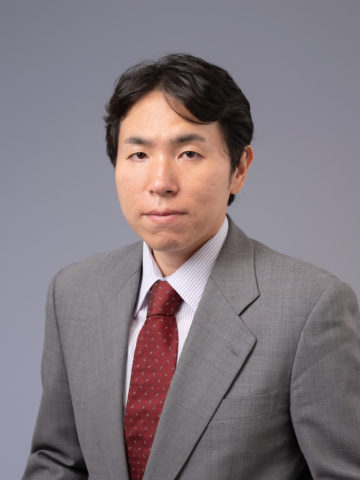
- 南 豪
- 准教授、東京大学
TIA-EXA運営委員、日本 - Tsuyoshi Minami received his PhD (Eng) from Tokyo Metropolitan University (Japan) in 2011. During his PhD studies he worked with Professor Tony D. James of University of Bath (UK) on collaborative projects. Between 2011 and 2013 he was a Postdoctoral Research Associate at Bowling Green State University (US) working with Associate Professor Pavel Anzenbacher, Jr. In 2013 he was appointed as Research Assistant Professor at the same University. Then he moved to Yamagata University (Japan) as an Assistant Professor in 2014. He was appointed as a Lecturer at The University of Tokyo in 2016, and then he has been an Associate Professor since 2019 at the same University. He is also Visiting Associate Professor at Yamagata University and Tokyo Metropolitan University since 2016.
パネリスト
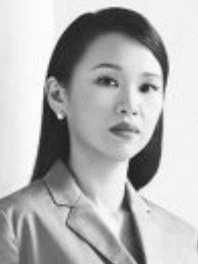
- Dawn Tan
- Associate Professor, The Singapore University of Technology and Design、シンガポール
-
Dawn Tan is an Associate Professor at the Singapore University of Technology and Design where she leads the Photonics Devices and Systems Group. Dr. Tan received her doctorate in Electrical Engineering (Photonics) at the University of California San Diego where she was a Powell Fellow. She was previously a visiting professor at the Massachusetts Institute of Technology and part of the design team at Californian startup, Luxtera Inc. She was named to the Nature Research Awards Inspiring Science Longlist, awarded the L'Oréal for Women in Science National Fellowship and named an Innovator under 35 by MIT Technology Review.
"ADVANCES IN INTEGRATED CMOS DEVICES AND SUCCESSFUL COLLABORATIONS THEREIN"
Nonlinear photonics devices are fundamental for future sustainability in information devices and systems including light generation, advanced spectroscopy and ultrafast optical signal processing. In this talk, developments in integrated nonlinear photonics devices and their applications are presented together with the successful collaborations that have facilitated their demonstrations.
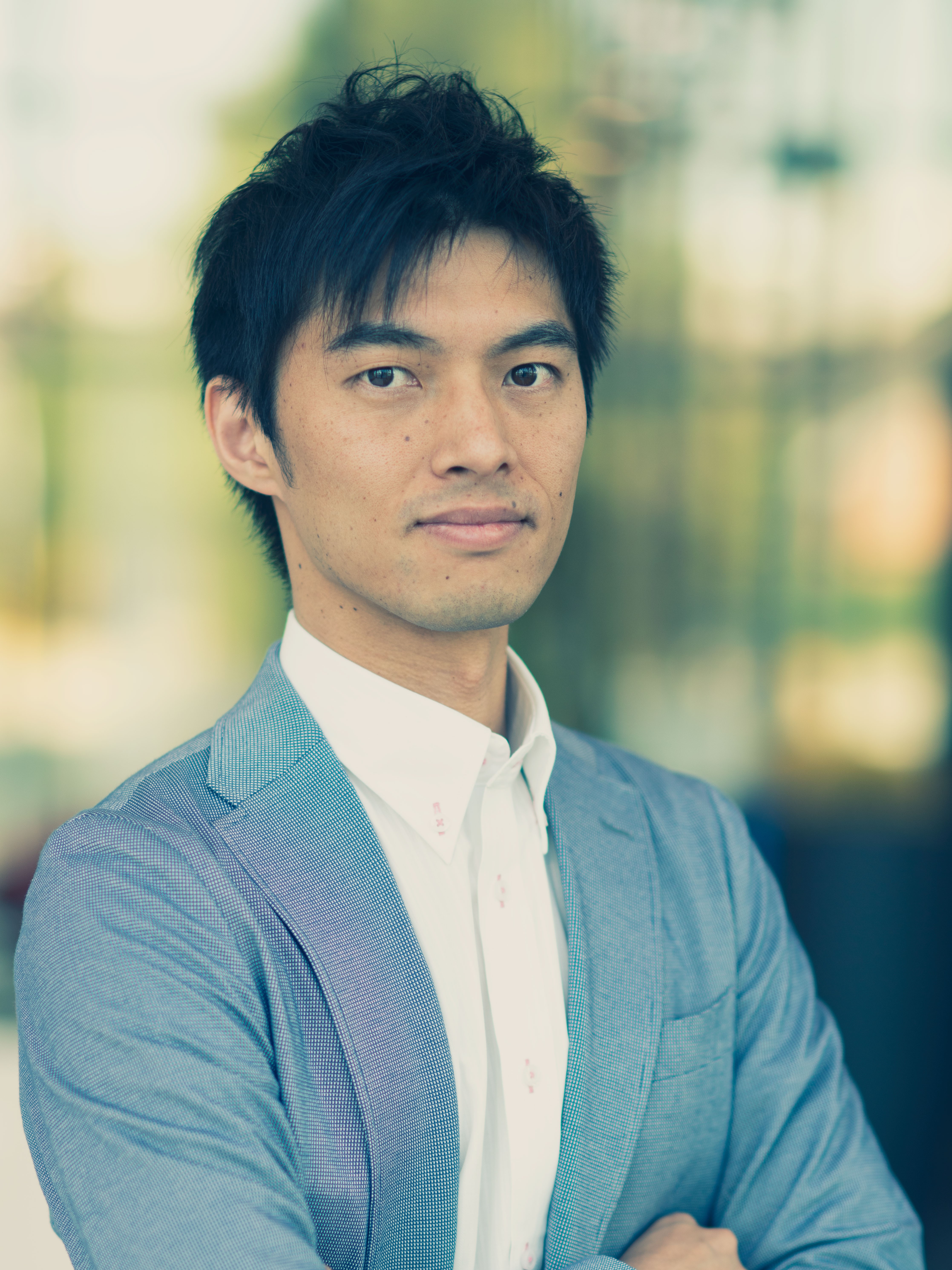
- 井上 史大
- Researcher, imec, ベルギー
-
Fumihiro Inoue received PhD degree in Mechanical Engineering from Kansai University, Japan in 2013. In 2013 & 2014, he was a visiting researcher in imec from Tohoku University, where he studied 3D integration. Then, he joined imec as researcher for 3DIC and packaging processes. Currently, he is working on multiple aspects, including electrodeposition, dicing, thinning, die stacking and wafer bonding.
"imec; THE WORLD-LEADING R&D and INNOVATION HUB IN NANO-ELECTRONICS AND TECHNOLOGY"
We perform world-leading research in nano-electronics and create groundbreaking innovation in application domains such as healthcare, smart cities and mobility, logistics and manufacturing, and energy. Our R&D offering is supported by our world-famous expertise in characterization, metrology, design, modeling, reliability analysis, system-technology co-optimization and more. From exploratory research to development and/or production, we deliver product-relevant funneling and concrete solutions through a unique and valuable ecosystem of industry, suppliers and academic players.
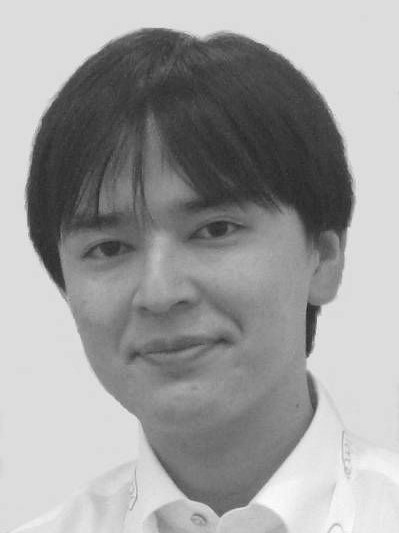
- 西永 慈郎
- 主任研究員、産業技術総合研究所、日本
-
Dr. Jiro Nishinaga is Senior Research Scientist at National Institute of Advanced Industrial Science and Technology (AIST) in Japan. He received his PhD from Waseda University in Japan in 2008 followed by postdoctoral periods in Waseda University. Since 2014 he is a Research Scientist at Research Center for Photovoltaics, AIST. He has developed new processes for high efficiency and long-term reliable chalcogenide solar cells. Recently he has also actively worked on epitaxial growth of Cu(In,Ga)Se2 for high conversion efficiency.
"CHALCOGENIDE THIN-FILM SOLAR CELLS WITH HIGH RADIATION TORERANCE"
We work to advance technologies of chalcogenide thin-film photovoltaic to contribute to a sustainable smart energy society. This material system has the potential for high-efficiency lightweight and flexible space solar cells with high radiation tolerance.

- Joshua Windmiller
- Co-founder & CTO, Biolinq、アメリカ
-
Dr. Joshua Windmiller is a leading international authority in biosensor technology. His Ph.D. and postdoctoral research in electrical engineering at UC San Diego, funded by a Powell Foundation fellowship, focused on the development of biosensors, bioelectronics, and biofuel cells. He has published over 50 manuscripts in peer-reviewed scientific journals, delivered over 100 podium presentations, and has twelve US patents issued. Dr. Windmiller, a Gordon Fellow and NIH SHIFT and Lab-to-Marketplace awardee is the recipient of multiple awards recognizing his innovations in the biosensors domain. He currently serves as Chief Technology Officer of Biolinq, a startup that he co-founded devoted to the development of a front end for digital health.
"BUILDING BETTER BIOSENSORS THROUGH A GLOBAL ENTREPRENEURIAL APPROACH"
Entrepreneurism is the catalyst to translating innovation from the laboratory to the marketplace for the benefit of humankind. This talk describes the manner in which entrepreneurs, investors, manufacturers, and key stakeholders scattered across the globe are building a front end for the emergent digital health paradigm.
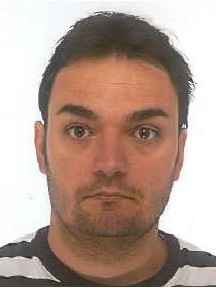
- Nicolas Clement
- Visiting Research Fellows, The University of Tokyo、日本
CNRS Researcher, Centre National de la Recherche Scientifique (CNRS)、フランス -
Dr. Nicolas Clement is a permanent researcher at CNRS working in the field of nanoelectronics, nano(bio)electrochemistry, and nanosensors. After a PhD thesis at Marseille university in the field of nanowire nanoelectronics, he has done his Post-doc at NTT Basic Research Labs (NTTBRL), NTT corporation for 2 years. He has done a second post-doc at IEMN, and has worked there as a CNRS researcher in the topic of molecular electronics. In the framework of tight links with NTTBRL and CNRS, he has returned to Japan first at NTTBRL in a 3 years sabbatical period, and then returned to CNRS in the International branch located at Tokyo University (Komaba campus). Nicolas has published 38 papers and is currently PI of various Japanese, French or European grants.
"THE RISE OF QUANTUM BIOELECTROCHEMICAL DEVICES"
Our work focuses on the development of a new class of versatile devices and sensors by using concepts inspired by the quantum transport mesoscopic physics community and applying them to electrochemical or (bio-) molecular systems. This challenging and interdisciplinary approach is being possible thanks to a 10 years successful collaboration between Japan and France.
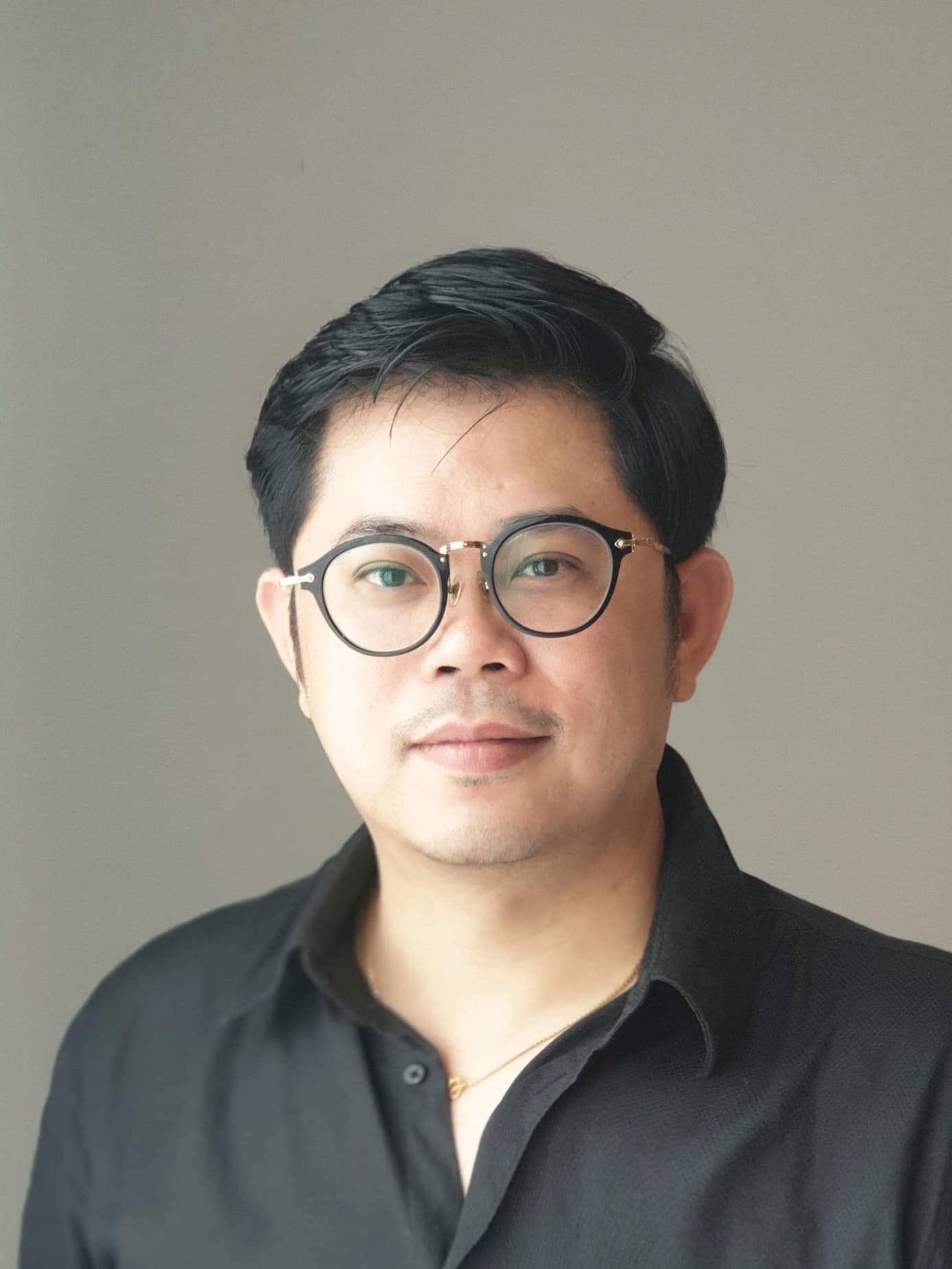
- Paisan Khanchaitit
- Senior Researcher, National Nanotechnology Center (NANOTEC)、タイ
-
Paisan Khanchaitit is a nanoneedle research team leader at National Nanotechnology Center (NANOTEC), Thailand. He received Royal Thai government scholarships from 2006 until he completed his PhD in Materials Science at the Pennsylvania State University in 2011, where he studied high-power density ferroelectric polymers. He joined NANOTEC since 2012 and became a head of integrated nanosystem laboratory in 2014. His research interests include nanosystem, nanorobotics, bioelectronics and bionics. He has authored or co-authored over 20 scientific publications and holds over 30 patents. In 2018, he found the nanoneedle research team to develop biological minimally invasive interfaces between human body and environment.
"TRANSDERMAL MICRONEEDLE AS INTERFACES BETWEEN PHYSICAL AND CYBER SPACE FOR GEARING UP TOWARD SDGS"
We aim to develop biological interfaces for mass and information transfers between the human body and the environment via minimally invasive micro/nanostructured devices. Unlike conventional interfaces, our technologies are capable of reciprocal communication with high accuracy and precision while avoiding stimulating pain receptors and damaging blood vessels.
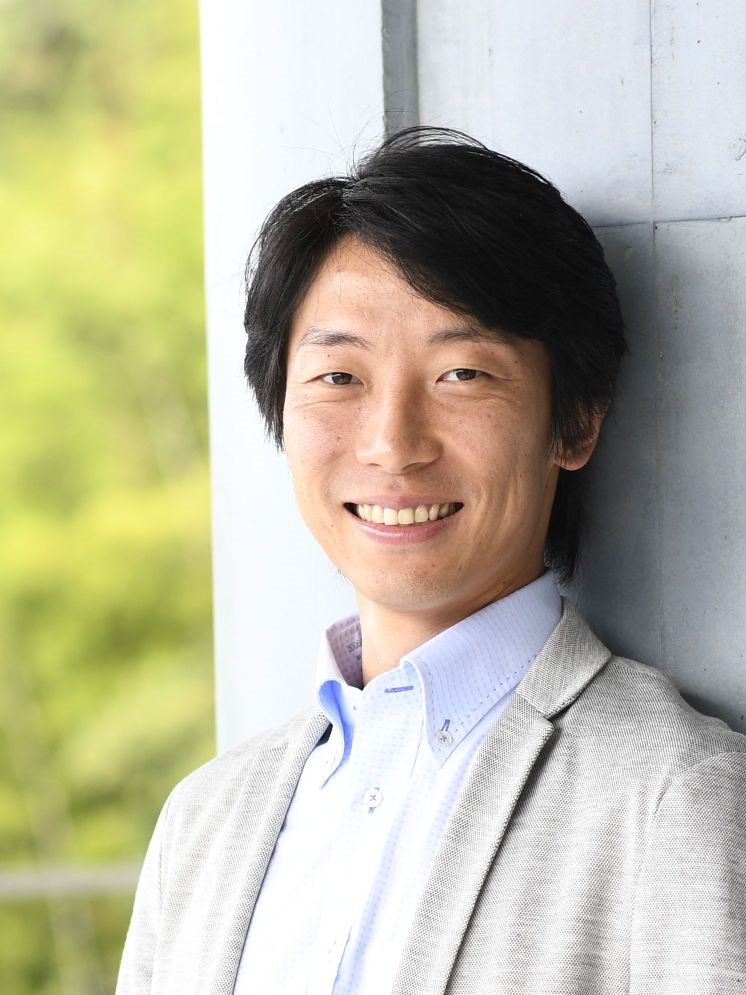
- 植村 隆文
- 特任准教授、大阪大学、日本
-
Takafumi Uemura is currently a Specially Appointed Associate Professor in The Institute of Scientific and Industrial Research, Osaka University, Japan and a Joint Appointed Fellow in The National Institute of Advanced Industrial Science and Technology, Japan. He received a Ph.D. degree from Osaka University, Japan, in 2008. He started his academic career at Osaka University in 2008. During 2013-2015, he was a Project Lecturer at The University of Tokyo. During 2013-2014, he worked at imec as a Visiting Professor at KU Leuven, Belgium. His main areas of research interest are Flexible electronics, Organic integrated circuits, and Large-area sensors.
"SUSTAINABLE SOCIETY CREATED BY FLEXIBLE ELECTRONICS"
A sheet-type sensor technology realized by state-of-the-art flexible electronics will be briefly introduced. Our sensing technology is being used for health management and infrastructure monitoring technology. To achieve such a wide range of applications in society, in-depth collaboration with researchers from different fields is necessary. I will discuss specific examples.
キーワード
International collaboration, Electronics, Emerging technology, Innovation, Industry
共催
TIA次世代エレクトロニクス研究アライアンス